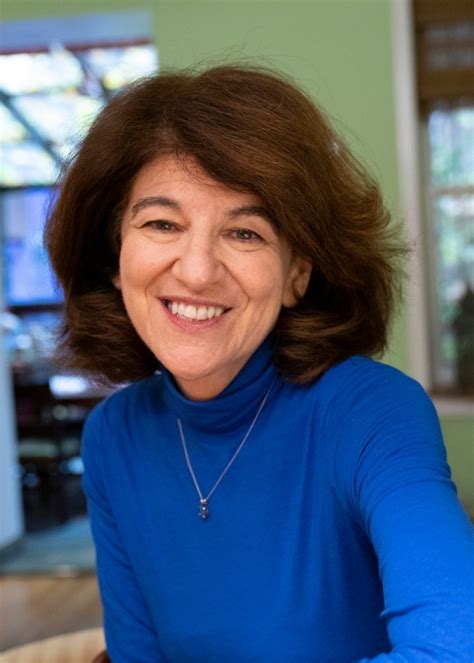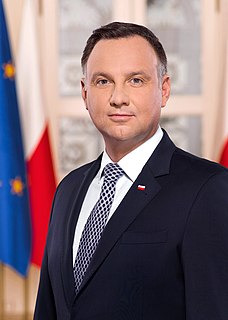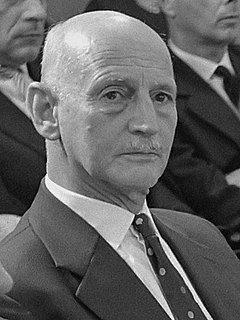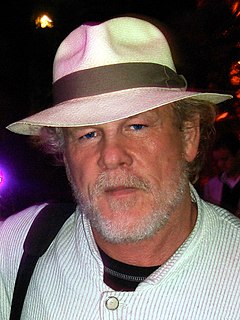A Quote by Julie Salamon
My parents came to this country after World War II, Jews from Czechoslovakia who had survived Auschwitz and Dachau. They settled with my sister in rural Ohio in the 1950s, where my dad became the town doctor and I was born.
Related Quotes
One day in Auschwitz I became so dispirited that I couldn't carry on. They had given me a beating, which wasn't exactly a pleasant experience. It was on a Sunday, and I said: 'I can't get up'. Then my comrades said: 'That's impossible, you have to get up, otherwise you're lost'. They went to a Dutch doctor, who worked with the German doctor. He came to me in the barracks and said: 'Get up and come to the hospital barracks early tomorrow morning. I'll talk to the German doctor and make sure you are admitted'. Because of that I survived.
I don't feel I was 'born American,' but my homeland was denied to me after the end of World War II, and I craved something I could identify with. When I became a student at Harvard in the 1950s, America very quickly filled the vacuum. I felt I was American, but I think it's more revealing of America how quickly others here accepted me.
Dachau has been my own lifelong point of no return. Between the moment when I walked through the gate of that prison, with its infamous motto, 'Arbeit Macht Frei,' and when I walked out at the end of a day that had no ordinary scale of hours, I was changed, and how I looked at the human condition, the world we live in, changed ... Years of war had taught me a great deal, but war was nothing like Dachau. Compared to Dachau, war was clean.
Books have survived television, radio, talking pictures, circulars (early magazines), dailies (early newspapers), Punch and Judy shows, and Shakespeare's plays. They have survived World War II, the Hundred Years' War, the Black Death, and the fall of the Roman Empire. They even survived the Dark Ages, when almost no one could read and each book had to be copied by hand. They aren't going to be killed off by the Internet.
There is a myth that the New Deal programs on their own pulled the US out of the Great Depression and created the conditions for the economic boom after World War II. As an economist, I can tell you, that is not true. In reality, it was mainly World War II that launched the boom - the massive war mobilization, the horrifying destruction and death caused by it, and then the reconstruction in its aftermath. he US was the only advanced capitalist country that was not bombed during the war.
America felt victorious and generous after World War II. They had also learned from the mistakes after World War I when they imposed punishment on Germany. What became of Germany? A Nazi dictatorship which threatened the world. Today's Germany doesn't feel as prosperous and generous as America then. But actually, Germany still is very prosperous.
I did not know much history when I became a bombardier in the U.S. Air Force in World War II. Only after the War did I see that we, like the Nazis, had committed atrocities... Hiroshima, Nagasaki, Dresden, my own bombing missions. And when I studied history after the War, I learned from reading on my own, not from my university classes, about the history of U.S. expansion and imperialism.
World War II made war reputable because it was a just war. I wouldn't have missed it for anything. You know how many other just wars there have been? Not many. And the guys I served with became my brothers. If it weren't for World War II, I'd now be the garden editor of The Indianapolis Star. I wouldn't have moved away.

































